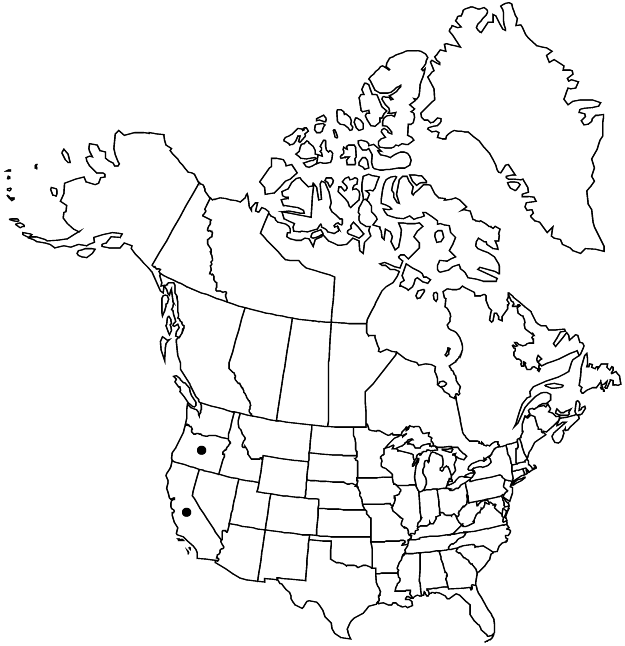Difference between revisions of "Sedum radiatum var. depauperatum"
J. Bot. Res. Inst. Texas 1: 889. 2007,.
Basionym: Sedum radiatum subsp. depauperatum R. T. Clausen Sedum N. Amer., 258, figs. 59, 60. 1975
FNA>Volume Importer |
FNA>Volume Importer |
||
| Line 6: | Line 6: | ||
|place=1: 889. 2007, | |place=1: 889. 2007, | ||
}} | }} | ||
| − | |basionyms={{Treatment/ID/ | + | |basionyms={{Treatment/ID/Basionym |
|name=Sedum radiatum subsp. depauperatum | |name=Sedum radiatum subsp. depauperatum | ||
|authority=R. T. Clausen | |authority=R. T. Clausen | ||
| + | |publication_title=Sedum N. Amer., | ||
| + | |publication_place=258, figs. 59, 60. 1975 | ||
}} | }} | ||
|synonyms= | |synonyms= | ||
| Line 25: | Line 27: | ||
|elevation=100-1600 m | |elevation=100-1600 m | ||
|distribution=Calif.;Oreg. | |distribution=Calif.;Oreg. | ||
| − | |discussion=<p>Variety depauperatum has more flowers per cincinnus than does <i></i>var.<i> ciliosum</i> and the nectar scales are narrower than those of <i></i>var.<i> ciliosum</i>. Its leaves are similar to those of <i>Sedum stenopetalum</i>.</p> | + | |discussion=<p>Variety depauperatum has more flowers per cincinnus than does <i></i></i>var.<i><i> ciliosum</i> and the nectar scales are narrower than those of <i></i></i>var.<i><i> ciliosum</i>. Its leaves are similar to those of <i>Sedum stenopetalum</i>.</p> |
|tables= | |tables= | ||
|references= | |references= | ||
| Line 49: | Line 51: | ||
|publication year= | |publication year= | ||
|special status= | |special status= | ||
| − | |source xml=https://jpend@bitbucket.org/aafc-mbb/fna-data-curation.git/src/ | + | |source xml=https://jpend@bitbucket.org/aafc-mbb/fna-data-curation.git/src/f6b125a955440c0872999024f038d74684f65921/coarse_grained_fna_xml/V8/V8_419.xml |
|genus=Sedum | |genus=Sedum | ||
|species=Sedum radiatum | |species=Sedum radiatum | ||
Revision as of 20:29, 24 September 2019
Leaves of offsets glabrous. Cymes: primary branches often dichotomously forked, 3–8 cm. Flowers: petals white or creamy white, sometimes drying yellowish, 6–7 mm; anthers red, yellow, or light orange distally (orange); nectar scales 0.5–0.6 mm.
Phenology: Flowering spring–summer.
Habitat: Granodiorite rocks
Elevation: 100-1600 m
Discussion
Variety depauperatum has more flowers per cincinnus than does var. ciliosum and the nectar scales are narrower than those of var. ciliosum. Its leaves are similar to those of Sedum stenopetalum.
Selected References
None.
Lower Taxa
None.
